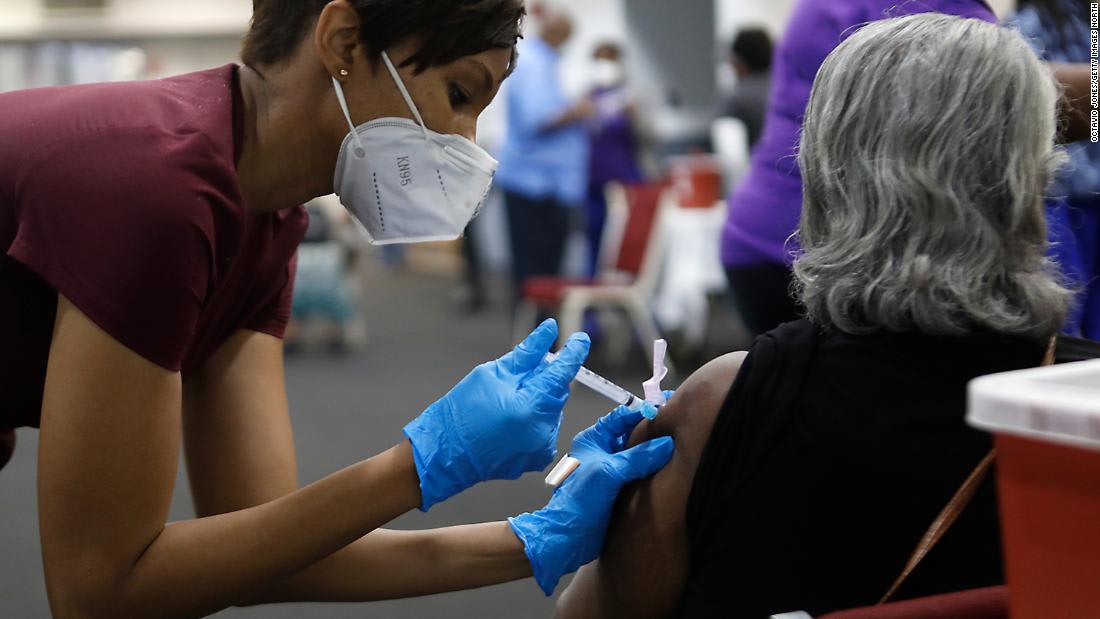The Covid-19 variant first found in Brazil is up to 2.2 times more transmissible, new…
There are now three Covid-19 vaccines authorized for emergency use by the US Food and Drug Administration, manufactured by Pfizer/BioNTech, Moderna and Johnson & Johnson. All three will be distributed across the United States.
Many people are wondering which Covid-19 vaccine they should get: Is one better for certain groups of people? Given how many people still can’t get any vaccine, will people have a choice? If so, which vaccine should they choose?
We asked CNN Medical Analyst Dr. Leana Wen for her advice. Wen is an emergency physician and visiting professor of health policy and management at the George Washington University Milken Institute School of Public Health.
Wen is also a volunteer participant in the Johnson & Johnson clinical trial, though she doesn’t know yet whether she received the vaccine or placebo.
Can you explain the differences between the three FDA-authorized vaccines? What do we know about their safety and efficacy?
Dr. Leana Wen: The vaccines from Pfizer and Moderna were authorized first, back in December. They are similar to one another in that they are both developed using the mRNA platform. The Johnson & Johnson vaccine has just been authorized. It uses a different way of stimulating an immune response, with an inactivated cold virus. The Pfizer and Moderna vaccines both require two shots. Johnson & Johnson has just been authorized as a one-dose vaccine.
All three vaccines have very favorable safety profiles, meaning that they are all very safe, when tested in tens of thousands of people. All three are virtually 100% in clinical trials at preventing hospitalizations and deaths, which is the endpoint that we really care about.
The Pfizer and Moderna vaccines appear to be more effective at preventing mild to moderate disease, about 95%. The Johnson & Johnson vaccine is about 72% effective, based on US trials. However, these results should not be compared directly, because the trials were not done as head-to-head comparisons.
Why not? You can see why people would look at those numbers and say, 95% versus 72%? I’ll take the one that’s 95%.
Dr. Leana Wen: This is an understandable concern. Here are three reasons why this is not the right comparison.
First, the vaccines were studied at different time periods. The Pfizer and Moderna studies were done before these more concerning variants became a major factor.
Second, one the main locations where the Johnson & Johnson vaccine was studied was South Africa, where the predominant variant at the time of the study was the B.1.351 variant. There is substantial concern that none of the vaccines we have may work as well against this variant.
For the Johnson & Johnson vaccine, it appears that it, too, is less effective against the South African variant. However, it’s still very effective. Even in South Africa, the vaccine prevented 82% of severe disease (compared to 86% in the United States).
Third, let’s remember that the the Johnson & Johnson vaccine is a one-dose vaccine. This simplifies logistics substantially to not have to make second appointments and allocate second doses.
Read more vaccine answers from Dr. Wen here:
edition.cnn.com 2021-03-02 16:00:18




